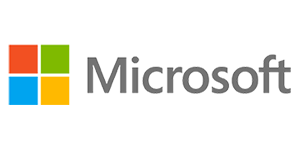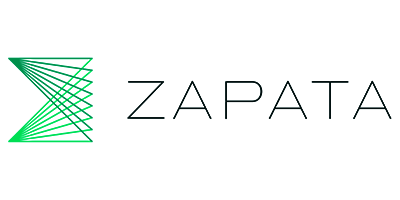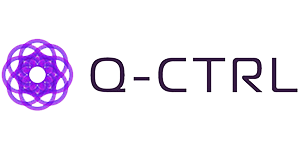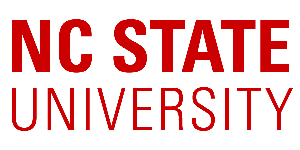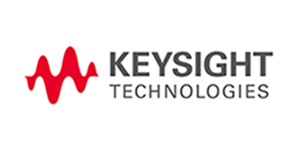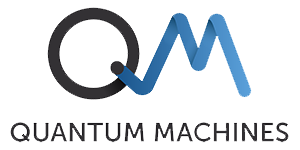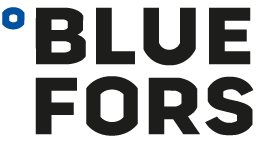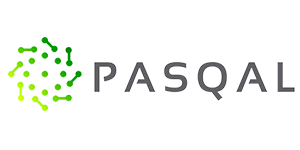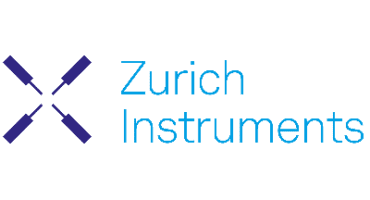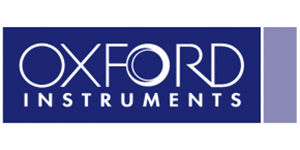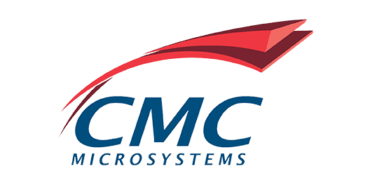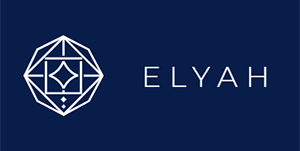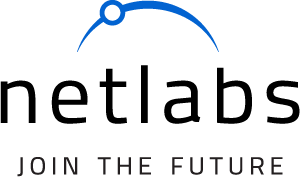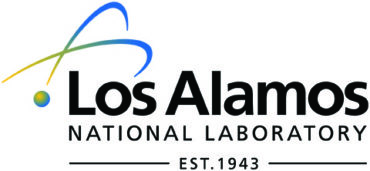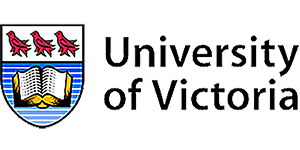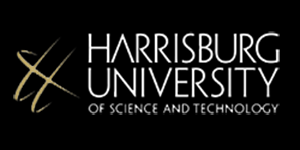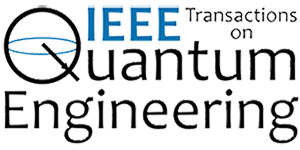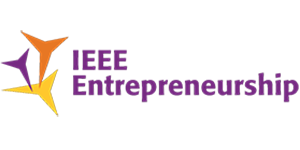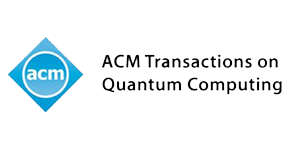Virtual IEEE Quantum Week Program
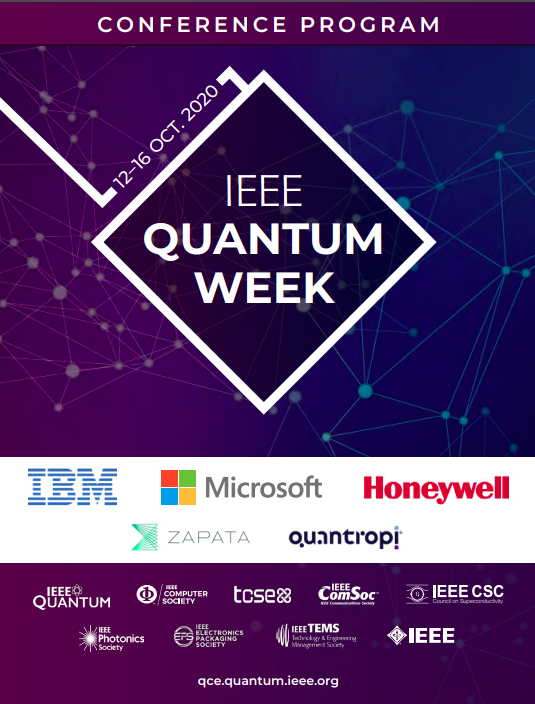
Conference Program
Quantum Week 2020, IEEE International Conference on Quantum Computing & Engineering (QCE20), aims to bring together quantum professionals, researchers, educators, entrepreneurs, champions and enthusiasts to exchange and share their experiences, challenges, research results, innovations, applications, pathways and enthusiasm on all aspects of quantum computing, engineering and technologies.
The QCE20 Final Conference Program is now published. We are thrilled to inform you that over 800+ quantum enthusiasts are registered for IEEE Quantum Week.
A big thank to all authors, organizers, presenters, and attendees for all your help, patience, and support in making QCE20 a success! We are thrilled to engage with you in this highly interdisciplinary and inaugural IEEE International Conference on Quantum Computing and Engineering (QCE20).
The IEEE Quantum Week Virtualization platform is now live at https://qce20.hubb.me/schedule-builder/home
Duly registered attendees have received an individualized email message from qce20_ieee@computer.org with a link to log on to the virtualization platform. To access the QCE20 Virtualization Platform Hubb.me, you must be duly registered. For a great user experience during IEEE Quantum Week Oct 12-16, it is critical to familiarize yourself with the QCE20 virtual platform and program by onboarding to the QCE20 Virtualization Platform.
QCE20 Final Program
QCE20 will be held in a digital-only or virtual-only format during the week of Oct 12-16, 2020. QCE20 was originally scheduled to be held in Broomfield, Colorado which is in the Mountain Time Zone (MDT) or UTC-6. The QCE20 daily program will be broadcast from 8:30 to 19:45 Mountain Time. Recorded sessions will be available for registered QCE20 attendees a few hours after the live sessions until November 30, 2020.
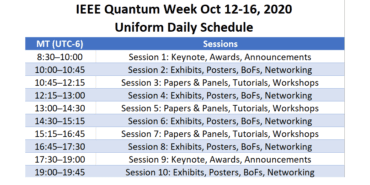 Each day of IEEE Quantum Week hosts 9-10 parallel tracks of quantum computing and engineering programming including Workshops, Tutorials, Technical Paper Tracks intermixed with Keynotes, Panels, Exhibits, Posters, Birds of a Feather, and Networking sessions featuring a total of over 270 hours of programming.
Each day of IEEE Quantum Week hosts 9-10 parallel tracks of quantum computing and engineering programming including Workshops, Tutorials, Technical Paper Tracks intermixed with Keynotes, Panels, Exhibits, Posters, Birds of a Feather, and Networking sessions featuring a total of over 270 hours of programming.
IEEE Quantum Week received outstanding contributions from the international quantum community to form an exceptional program with exciting exhibits featuring technologies from quantum companies, start-ups and research labs, 10 world-class keynote speakers, 16 workforce-building tutorials, 21 community-building workshops, 49 technical paper presentations, 7 stimulating panels, 30 innovative posters, and 7 Birds of Feather (BoF) sessions. QCE20 features over 250 hours of quantum computing and engineering programming. IEEE Quantum Week showcases quantum research, practice, applications, education, and training including programming systems, software engineering methods & tools, algorithms, benchmarks & performance metrics, hardware engineering, architectures, & topologies, software infrastructure, hybrid computing, simulating chemical, physical and biological systems, optimization, machine learning. IEEE Quantum Week features Exhibits from Monday to Friday in Virtual Exhibit Rooms with plenty of opportunities for networking.
QCE20 Final Program by Day
Reload pages for most recent version—V80
- QCE20 Final Program-at-a-glance
- QCE20 Final Mon Program
- QCE20 Final Tue Program
- QCE20 Final Wed Program
- QCE20 Final Thu Program
- QCE20 Final Fri Program
- QCE20 Final Program Mon-Fri
QCE20 Final Program by Technical Entities
Reload pages for most recent version—V80
- QCE20 Keynotes
- QCE20 Technical Papers Program
- QCE20 Tutorials Program
- QCE20 Workshops Program
- QCE20 Panels Program
- QCE20 Exhibits Program
- QCE20 Posters Program
- QCE20 BoFs Program
Keynote Speakers Program
The Virtual Quantum Week 2020 program will feature ten outstanding keynote speakers addressing topics of the IEEE International Conference on Quantum Computing and Engineering. The plenary keynotes are intended to fire up the conference attendees at the beginning and at the end of each conference day and provide food for thought to stimulate discussion for the networking sessions and exhibits. The keynote speakers will promote the virtues and state of the art of the different themes of quantum computing and engineering.
Technical Paper Tracks Program
Virtual IEEE Quantum Week aims to be a leading venue for presenting high-quality original research, groundbreaking innovations, and compelling insights in quantum computing and engineering. Technical papers are peer-reviewed and can be on any topic related to quantum computing, engineering and its technologies. Papers accepted by IEEE International Conference on Quantum Computing & Engineering (QCE 2020) will be submitted to IEEE Xplore Digital Library. The best papers will be invited to the journals IEEE Transactions on Quantum Engineering (TQE) and ACM Transactions on Quantum Computing (TQC). The QCE20 Technical Paper Tracks comprise the following topics: Quantum Communications, Sensing, Cryptography; Quantum Photonics & Optics; Quantum Computing; Quantum Algorithms, Quantum Computation & Information; Quantum Applications & Simulating Nature; Quantum Engineering; Quantum Benchmarks & Measurements; and Quantum Education.
Tutorials Program
The shortage of skilled labor is one of the quantum computing sector’s greatest challenges. The week-long QCE20 Tutorials Program comprises 16 full-day tutorials, by leading experts, aimed squarely at workforce development and training considerations. The tutorials are ideally suited to develop quantum champions for industry, academia, government, and build expertise for emerging quantum ecosystems. IEEE Quantum Week covers a broad range of topics in quantum computing and technologies including a lineup of fantastic hands-on tutorials on programming and applications.
Workshops Program
The QCE20 Workshops Program provide forums for group discussions on topics in quantum research, practice, education, and applications. 21 workshops provide opportunities for researchers to exchange and discuss scientific and engineering ideas at an early stage before they have matured to warrant a conference or journal publication. In this manner, an IEEE Quantum Week workshop serves as an incubator for a scientific community to form a research roadmap or share a research agenda. Workshops are the key to sustaining, growing, and evolving IEEE Quantum Week in the future.
Posters Program
The IEEE Quantum Week Posters Program presents excellent opportunities for practitioners, researchers, graduate students, entrepreneurs, and start-ups to showcase their work and engage with the international quantum computing R&D community during the IEEE Quantum Week Exhibits.
Panels Program
The QCE20 Panels Program features enlightening and impactful discussions among experts on different perspectives of quantum topics, including quantum education & training, quantum hardware & software, quantum engineering challenges, fault-tolerant quantum computers, quantum error correction, quantum intermediate language representation, hardware-software co-design, and hybrid quantum-classical computing platforms. The length of each panel is 45-90 minutes.
Exhibits Program
Virtual IEEE Quantum Week aims to provide attendees the unique opportunity to see the latest quantum technologies that will shape our exciting quantum future. Exhibits will feature the latest quantum technologies and accomplishments from the world’s leading companies, start-ups, national labs, research institutes, and universities. Exhibits are a great opportunity to showcase emerging products, tools, services, and posters. The Quantum Week exhibits will feature daily receptions to facilitate networking with participants of the rapidly growing quantum computing community.



